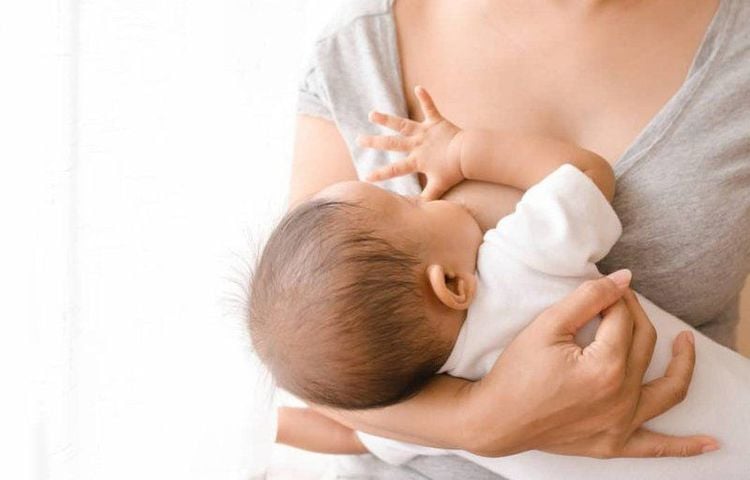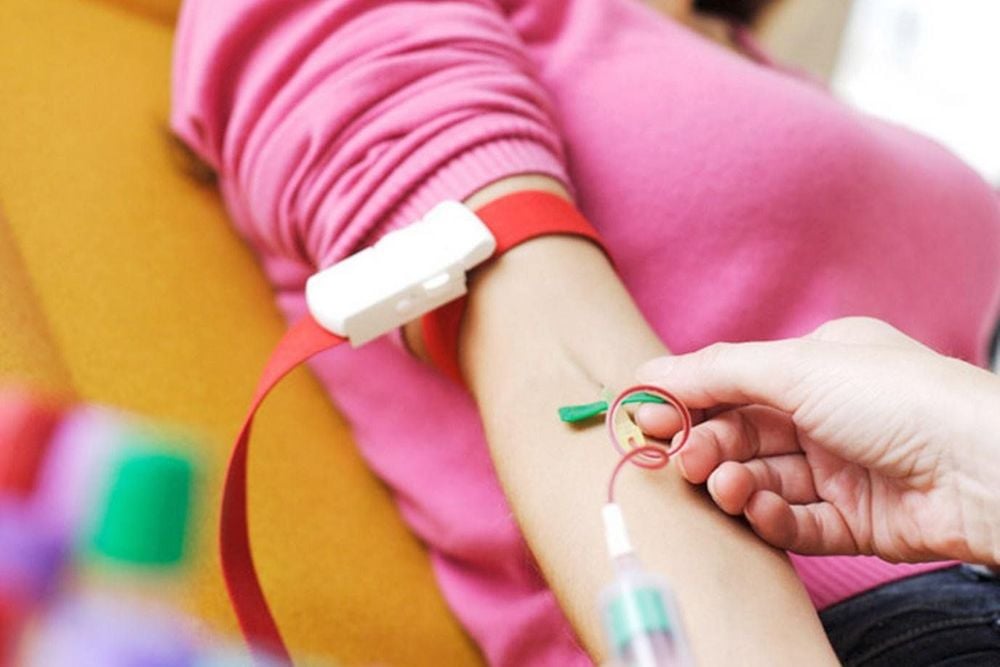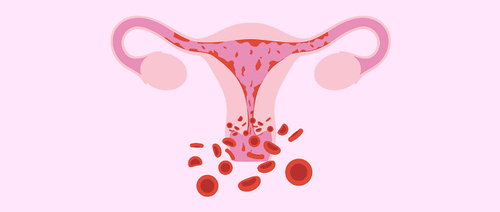This is an automatically translated article.
The article was written by Doctor Dang Pham Quang Thai - Obstetrician and Gynecologist, Obstetrics Department - Vinmec Times City International General HospitalAn ectopic pregnancy is when an embryo implants and grows outside of the uterus. A ruptured ectopic pregnancy will cause massive bleeding that threatens the patient's life. Most ectopic pregnancy is in the fallopian tube, but it can also be found in other locations such as: Intra-abdominal pregnancy, ovary pregnancy, pregnancy at the old cesarean section ...
1. Treatment of ectopic pregnancy
1.1 Treatment goals Solving an ectopic pregnancy is to:
Minimize the rate of complications (bleeding bleeding), maternal mortality Prevent recurrence of ectopic pregnancy Maintain fertility for the mother 1.2 Methods in the treatment of ectopic pregnancy Currently, there are 3 methods used in the treatment of ectopic pregnancy:
Drugs: The most common drug used to treat ectopic pregnancy is Methotrexate. This drug stops the cells from growing, ends the pregnancy, the fallopian tube is preserved. Open surgery: If an ectopic pregnancy causes a ruptured fallopian tube with massive intra-abdominal bleeding, urgent surgery is needed. Currently, due to early detection of ectopic pregnancy, cases of laparotomy are very rare. These cases often need to be combined with anti-shock resuscitation due to massive blood loss. Laparoscopic surgery: Currently widely applied in surgical management of ectopic pregnancy Laparoscopic diagnosis of ectopic pregnancy Endoscopy-preserving fallopian tubes in cases where there is still a need for childbirth Laparoscopic tubal resection for cases where there is no longer a need to have a baby or it is impossible to preserve the choice of treatment method depending on each specific case.

Thuốc Methotrexate được sử dụng điều trị thai ngoài tử cung
2. Medical treatment of ectopic pregnancy
2.1. Indications for single-dose Methotrexate (MTX) treatment Hemodynamically stable (without shock). βhCG concentration <= 5000 mIU/ml. No embryo, fetal heart in ectopic pregnancy (by ultrasound). Fetal mass size < 3-4 cm (via ultrasound). 2.2. Indications for multidose MTX treatment Hemodynamically stable (without shock). βhCG levels > 5,000 mIU/ml and <= 10,000 mIU/ml. Fetal mass size < 5 cm (via ultrasound). Interstitial ectopic pregnancy < 3 cm. 2.3. Contraindications to medical treatment Hemodynamic instability (pre-shock, with shock): tachycardia, hypotension, pale skin, sweating, nausea, vomiting, decreased Hb/Hct. There are signs of rupture: severe and gradually increasing lower abdominal pain, or ultrasound estimated fluid volume > 300 ml, or abdominal fluid. There is an additional pregnancy in the uterus. Breastfeeding. Allergic to MTX. There are medical diseases: kidney failure, peptic ulcer, active lung disease, immunodeficiency. The patient did not accept MTX treatment. Abnormalities in pre-chemotherapy tests (BC < 3000, Platelets < 100,000, elevated liver enzymes SGOT, SGPT > 100 UI/L, increased creatinine, clotting factor disorders...). Failure to respond to the above treatment indications.

Phụ nữ đang cho con bú không nên trị nội khoa thai ngoài tử cung
2.4. Test before treatment with MTX Blood, blood group, Rh. Blood sugar, Liver and kidney function Whole blood coagulation. ECG . Radial cardiopulmonary line straight

Xét nghiệm trước điều trị bằng Methotrexate
3. Monitoring in medical treatment
May experience the following symptoms during treatment
3.1. Pain Day 2 - Day 3 after injection, the patient may experience increased abdominal pain due to a miscarriage, or dilatation of the fallopian tube due to a hematoma in the fallopian tube. Pain will gradually decrease in the following days, pain medicine can be given. If pain increases, clinical examination, ultrasound, and blood count should be performed to re-evaluate hemodynamic status for internal bleeding. An increase in fetal mass is not considered a failure of medical therapy.
75% of patients will have moderate increasing abdominal pain, 1 - 2 days, occurring 2 - 3 days after starting treatment.
3.2. βhCG An increase in β hCG on day 4 from day 1 / MTX is common, not considered treatment failure. The average time to β hCG < 15mUI/ml was 35 days, the longest was 109 days. 3.3. Hematoma 56% of ectopic pregnancy increased in size after MTX treatment. Ultrasound may show a parauterine mass as soon as β-HCG is <5mUI/ml, and disappear after 3-6 months. An increase in fetal mass is not considered a failure of medical therapy.

Người bệnh xuất hiện đau bụng
3.4. Indications for immediate surgical intervention when severe abdominal pain, hemodynamic instability. Ultrasound showed a large fetal mass, with a lot of abdominal fluid. β hCG increased or not decreased according to the follow-up regimen. Vinmec International General Hospital is one of the hospitals that not only ensures professional quality with a team of leading doctors, modern equipment and technology, but also stands out for its examination and consulting services. and comprehensive, professional medical treatment; civilized, polite, safe and sterile medical examination and treatment space.
Please dial HOTLINE for more information or register for an appointment HERE. Download MyVinmec app to make appointments faster and to manage your bookings easily.













